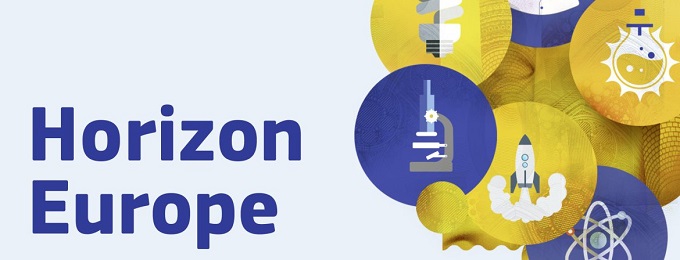The Commission announced the chairs of the European R&I Mission boards under Horizon Europe together with the publication of a report on Mission governance.
European research and innovation (R&I) Missions are a key novelty under the new framework programme for R&I, Horizon Europe. They are ‘high-ambition, high-profile initiatives with the aim to deliver a transformative impact for society, the economy, and/or environment, in relation to the challenges faced by European citizens’. A Mission defines a concrete and ambitious goal, without predefining the instruments to achieve this goal. Through this goal- rather than instrument oriented approach, different actors and sectors should pool their resources and work together towards the goal. Horizon Europe integrates Missions under pillar II ‘Global Challenges and Industrial Competitiveness’, but they can also benefit from actions under different parts of the Horizon Europe programme or from action under different EU funded projects (not necessary R&I related). After the inter-institutional negotiations between the European Commission (EC), the European Parliament (EP) and the Council of the European Union (Council), five areas of potential Missions have been agreed upon and listed in the annex of the Horizon Europe Regulation.
On July 4 2019, the EC has announced the chairs to head the boards for each of the five Mission areas. The chairs were selected after a public call for mission boards issued in mid-May. The chairs are (see EC press release):
- Ms Connie Hedegaard, former European Commissioner for Climate Action, for the Mission on ‘Adaptation to Climate Change including Societal Transformation’
- Professor Harald zur Hausen, Nobel Prize Laureate in Physiology or Medicine, for the Mission on ‘Cancer’
- Mr Pascal Lamy, former Trade Commissioner and Director-General of the World Trade Organisation, for the Mission on ‘Healthy Oceans, Seas, Coastal and Inland Waters’
- Professor Hanna Gronkiewicz-Waltz, former Mayor of Warsaw, for the Mission on ‘Climate-Neutral and Smart Cities’
- Mr Cees Veerman, former Dutch Agriculture Minister, for the Mission on ‘Soil Health and Food’
The additional 14 members of the Missions boards will be announced in the very end of July. The Mission boards are then responsible to elaborate and propose concrete Missions within their defined Mission areas. This shall happen in co-creation with stakeholders and by engaging the broader public, since Missions ultimately serve the purpose of connecting science to the people. The concrete Missions will then have to be approved by the EC and the EU Member States and will be added to the strategic plan for Horizon Europe.
On 24 January 2018, Marianna Mazzucato, Professor in the Economics of Innovation and Public Value, University College London (UCL), published, in co-authorship with Carlos Moedas, European Commissioner for research, science and innovation, a report on the deployment of a mission-based approach under Horizon Europe. On 4 July 2019, Prof. Mazzucato now published a second report, which gives recommendations for the governance of these Missions. The report mentions first the importance of citizen engagement in the three crucial stages of Missions, i.e. in the definition, the implementation and the assessment. Citizens do not only have to be consulted (e.g. through social media instruments) but have to be involved in the implementation, through citizen science or user-led innovation processes. Further, citizens have to be mobilized to monitor the Mission objectives through using new technologies to track the progress. Secondly, the report gives some recommendations for the public sector. Missions demand cross-sectoral collaboration, coordination, and breaking down of bureaucratic silos. This, according to Mazzucato, requires moving principles of innovation-led growth outside of a pure R&I context, and putting them at the centre of economic growth. Mazzucato calls for transferring the responsibility of coordinating Mission strategies to the highest offices of executive power. At the informal meeting of the Competitiveness Council (COMPET) in Helsinki, Commissioner Moedas has put forward the ambition to transfer the responsibility for governing the Missions directly to the EC President or Vice-President. The report further gives some recommendations concerning the financing of the Missions. Private- and public venture capital can both contribute to Mission objectives and the management of the Missions can profit from the experience with the blended finance instruments tested in the EIC pilots (see SwissCore article). Generally, it is important that financing uses flexible instruments, which can adapt to the needs of the different R&I activities deployed in Missions, e.g. grants for early stages of R&I activity, equity investments for firms wanting to scale up and long-term loans for low-risk incremental R&I activities. The report also mentions the importance of aligning policy priorities (and their funding) at the different stages relevant to Missions between the EU and national Member States’ levels. This would allow for synergies between local, national and European finance instruments.

